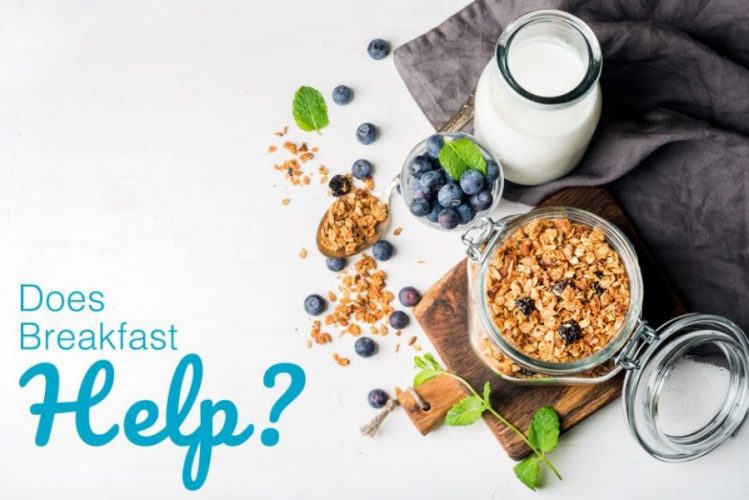The age old question: Should I skip breakfast?
You’ve likely heard conflicting rumors and “studies” that both approve and disapprove of regularly eating breakfast in the morning. These days, it’s commonly believed that breakfast isn’t all that important, and that you should skip it if possible. This couldn’t be further from the truth. In fact, eating breakfast is much more important than most people seem to realize. Eating a healthy breakfast can benefit you in a variety of ways.
Despite seeming like a convenient way to cut calories, skipping breakfast can actually lead to weight gain, which in turn can lead to issues like high blood pressure, diabetes, and high cholesterol — all of which can lead to potentially deadly complications like heart disease. However, not just any breakfast will be good for your health. If your breakfast frequently features Southern staples like biscuits and gravy, you need to start incorporating healthier foods in your diet. For a more heart-friendly breakfast, skip the fatty bacon and sausage. Load your plate with fruits and whole grains instead.
While many know breakfast as the “most important meal of the day,” fewer people than ever are eating a regular, healthy breakfast than they did 40 years ago. It’s difficult to eat a healthy breakfast with our busy, hectic schedules, but here are some tips on helping you make time for breakfast.
- To curb cravings, reach for eggs. Eggs have protein, which takes your body longer to digest than the carbs in cereal and fruit. A breakfast high in protein can help you feel fuller longer, and may keep you from reaching for unhealthy snacks before bedtime.
- Try to eat an hour before you go to the gym. If you’re crunched for time, have a small meal that’s easy on the digestive system, like a smoothie or yogurt. Fueling up will give you energy to work out and keep you from feeling faint.
- Breakfast can help keep you from eating too much during the rest of your day. Aim for a mix of whole grains, low-fat dairy, lean protein, and fruits & veggies. The combo of carbs, fiber, protein, and fat helps you stay full. A veggie and cheese omelette with whole wheat toast is a perfect breakfast to help you start the day.
Breakfast helps you think more quickly, as well. Your brain operates using glucose, a type of sugar, and you’re low on glucose when you first wake up in the morning. A morning meal can give an extra kick for your memory, focus, attention, and alertness, which will help your performance at work or school. Not coincidentally, studies have shown that children who eat healthy breakfasts tend to score higher grades in school.
Breakfast doesn’t change or manipulate your metabolism, but the energy it gives you allows you to burn more calories throughout your day. A healthy breakfast can keep your blood sugar steady, providing the added benefit over time of protecting you from type 2 diabetes. One study shows that men who didn’t eat in the morning were 21% more likely to develop the disease than those who ate healthy breakfasts. Start your day with whole grains, such as oatmeal, cereal, or bread. The fiber in these foods can also lower your diabetes risk.
Breakfast gives you energy. Not only does this make you more likely to exercise, but you also may tend to get up and and engage in physical activity more in general. One study found that people who ate a morning meal burned 442 more calories through physical activity than those who skipped breakfast.
A simple bowl of cereal can be a smart and healthy way to begin your day — if you choose the right kinds. High-fiber cereals can lower your risk of heart disease and diabetes. Look at the labels to make sure you’re getting a good amount of fiber — and stay away from ones that are loaded with sugar.
